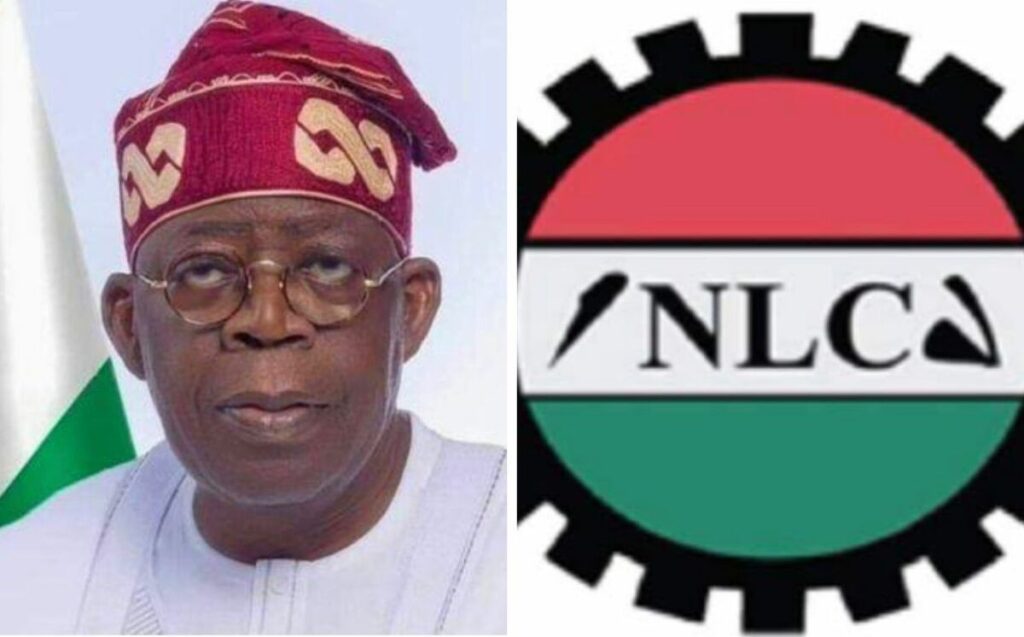As Nigerians prepare to mark this year’s International Workers’ Day (May Day), the Nigeria Labour Congress (NLC) has raised alarm over worsening economic hardship, warning that rising inflation, inadequate wages, and failed government policies have plunged workers deeper into poverty.
Speaking to journalists in Abuja ahead of the May Day celebrations, NLC President, Comrade Joe Ajaero, said the average Nigerian worker can no longer survive on their monthly salary, regardless of the amount, due to the spiralling cost of living and weak social safety nets.
“Even if the Federal Government decides to pay a salary of ₦1 million, it will be meaningless in the face of today’s inflation and rising costs,” Ajaero said. “The reality is that Nigerians are hungry. The minimum wage cannot buy a bag of rice. Workers now spend the bulk of their earnings on transportation and electricity alone.”
Ajaero outlined the challenges confronting Nigerian workers, attributing the current hardship to policy decisions such as the unstructured removal of fuel subsidy and the floating of the naira, which he said have drastically eroded workers’ purchasing power.
“We’ve moved from ₦30,000 to ₦70,000 — that’s about a 110% increase — but with what impact?” he asked. “Petrol that used to sell below ₦200 now costs around ₦900 or more. Electricity tokens now cost between ₦50,000 to ₦70,000 monthly. Workers can’t afford to live, let alone support their families.”
He criticised the Federal Government for failing to implement key palliative measures promised after the subsidy removal. “They promised us CNG buses, but where are they? Wage awards were promised, yet many states have not implemented anything. Most of the pledges from last year remain unfulfilled,” he said.
Ajaero also decried inconsistent wage implementation across various states and federal agencies, noting that some state governments either ignore wage awards or continue to pay below the national minimum wage, in violation of labour agreements.
He further lamented the worsening insecurity, political interference in labour matters, and a skewed tax system that burdens low-income earners while allowing large corporations and political elites to evade taxes.
“It is only in Nigeria that someone earning ₦50,000 a month is taxed heavily, while billionaires and multinationals evade taxes with impunity. This must change,” he stated.
Commenting on the mood among workers ahead of May Day, Ajaero said: “The mood is hunger. Nigerians are hungry.” He urged the government to ensure full implementation of its policies, including the new minimum wage, the Compressed Natural Gas (CNG) transport system, and the student loan scheme — all of which, he said, are essential for restoring confidence in the Renewed Hope agenda.
He concluded by calling for a harmonised salary structure, a review of salary progression, and urgent economic reforms to protect workers from further hardship.
“Labour is not asking for luxury,” Ajaero said. “We are simply demanding a living wage — one that can provide shelter, food, education, and transport — the basic dignity every worker deserves.”














